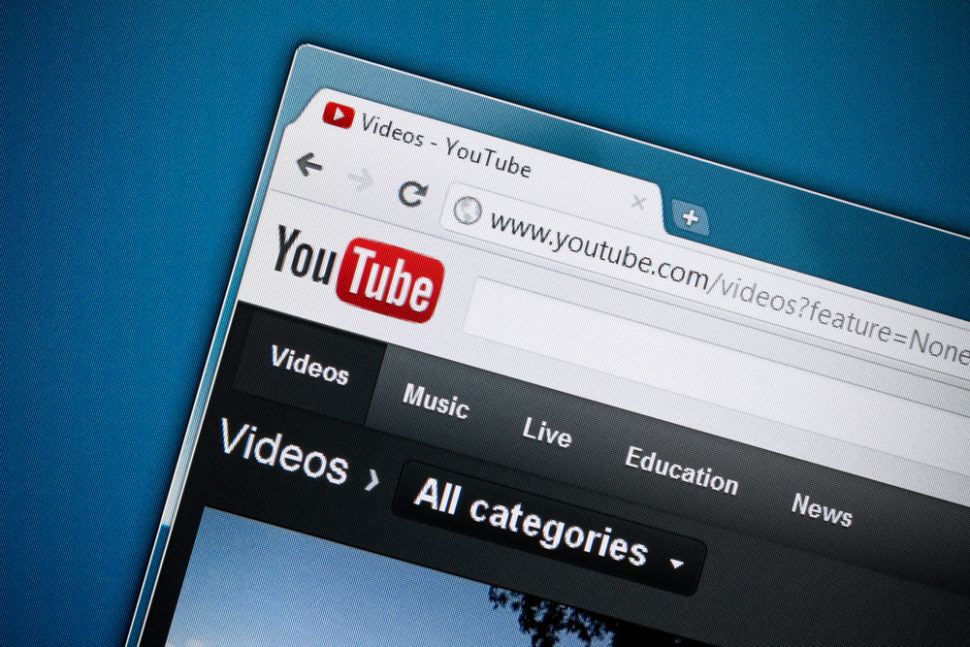A coalition of creators is accusing Youtube of relying on a system of biased bots to determine which YouTube videos should be demonetized.
In the past, the video streaming giant had been accused of demonetized videos with specific keywords in their metadata and titles. The report claimed that this practice is especially prevalent in the LGBTQ community.
But at the time, YouTube denied such practices.
In a statement to the press, YouTube’s CEO, Susan Wojcicki, said:
“We work incredibly hard to make sure that when our machines learn something — because a lot of our decisions are made algorithmically — that our machines are fair. There shouldn’t be [any automatic demonetization.”
Well, a recent investigation by Sealow, the CEO of research firm Ocelot AI; YouTube creator Andrew, and Een of popular YouTube commentary and investigative channel Nerd City suggests otherwise.
LGBTQ Keywords Trigger Demonetization of YouTube Videos?
The investigators conducted a thorough test to see what words the YouTube’s machine learning bots automatically demonetized.
Andrew manually tested over 15,000 words, which were standard terms from Google search results, UrbanDictionary, and Webster’s Dictionary. Then, Sealow’s investigation involved another 14,000 words that were automated using YouTube’s data API. Finally, Een helped produce the main video to reveal the findings.
The team found that a video status would change to “advertiser-friendly” when words like “gay” or “lesbian” are substituted with “happy.” According to the researchers, a significant bias is at work before the human moderators get involved.
Youtube developed its machine-learning bots to assess whether a video is available to monetize.
Reports claim that the bots use a “hidden confidence level ranging from 0 to 1.” So, while videos closer to a zero confidence level score are approved for monetization, the bot demonetizes others closer to one. In such a case, the video must undergo manual review.
Despite these findings, YouTube still denied that a list of LGBTQ words could trigger demonetization.
In a statement to The Verge, a YouTube spokesperson said:
“We use machine learning to evaluate content against our advertiser guidelines. Sometimes our systems get it wrong, which is why we’ve encouraged creators to appeal. Successful appeals ensure that our systems are updated to get better and better.”



















Comments (0)
Most Recent